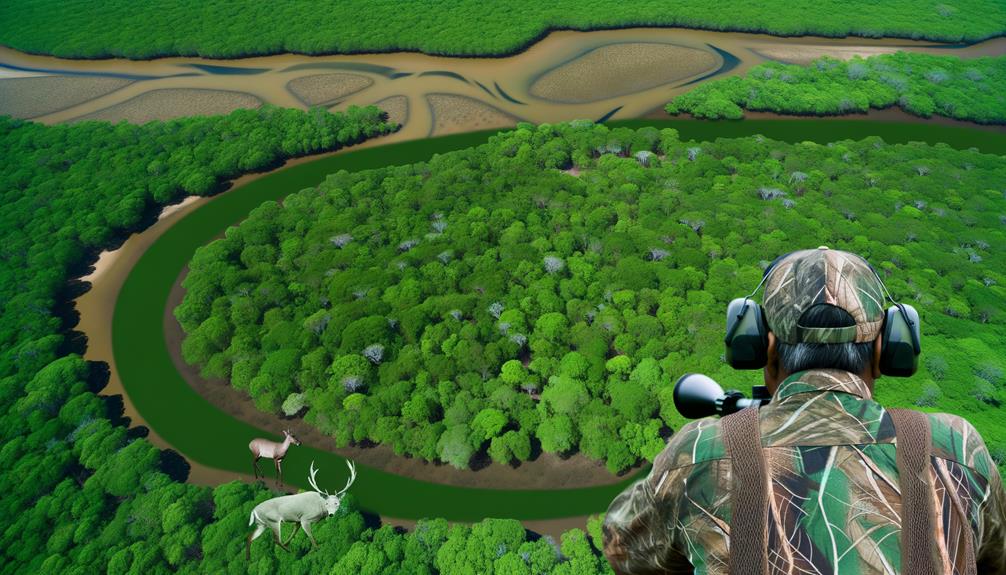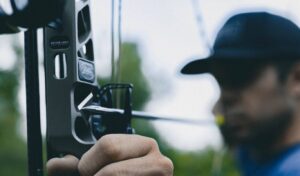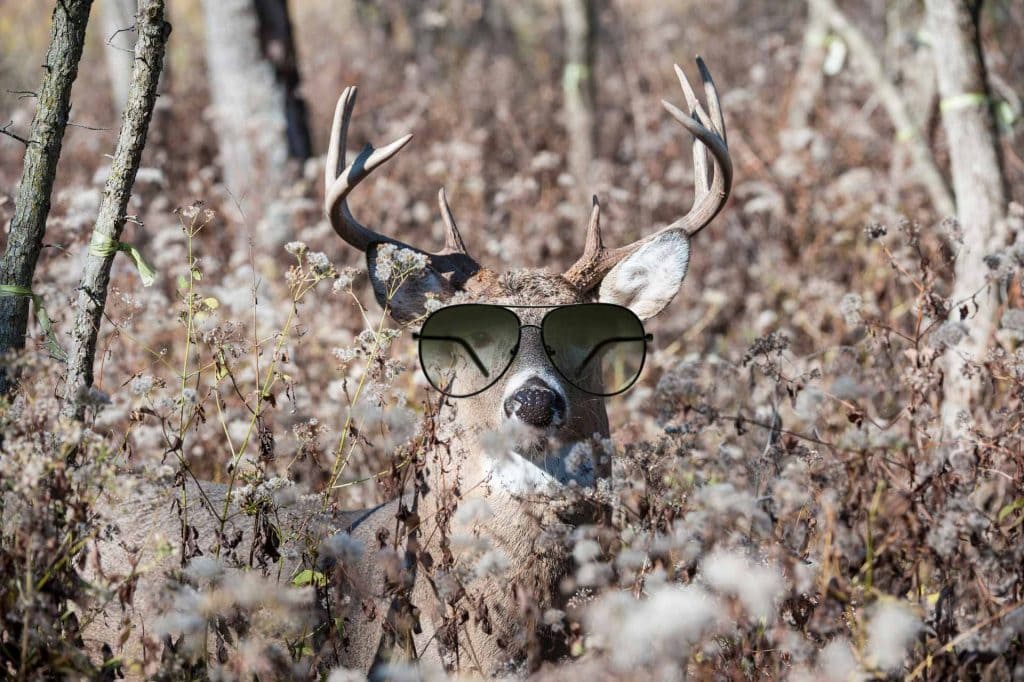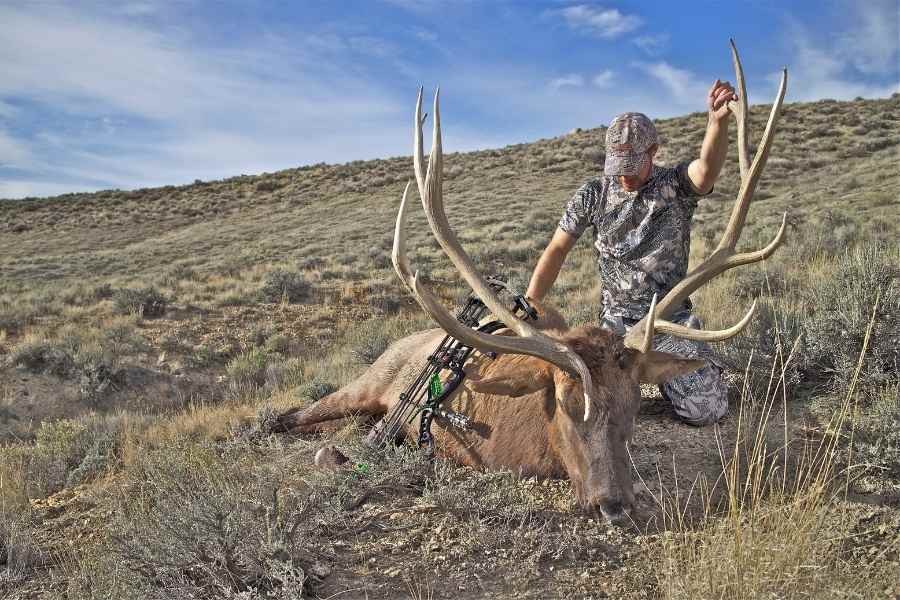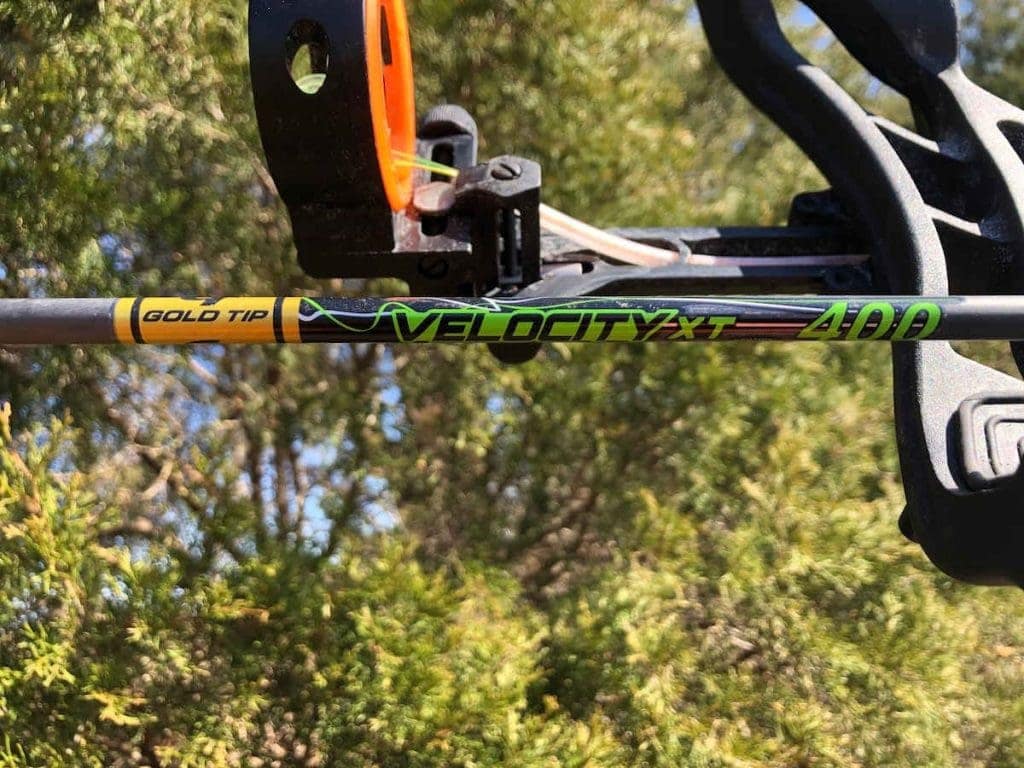Like a deer caught in the high beams of an approaching vehicle, the concept of hunting on landlocked public land can seem daunting and disorienting.
You’re standing on the threshold, ready to step into the uncharted wilderness, yet you’re held back by a web of legalities and uncertainties.
This discussion is designed to equip you with the necessary knowledge and strategies to navigate these challenges.
From understanding state-specific regulations to securing access, and even exploring water access for hunting.
Contents (Jump to Topic)
ToggleAre you ready to take the leap?
Understanding Landlocked Public Lands
Parcels of publicly owned land are often surrounded by private property, which makes access for hunting a complex issue.
These lands, often federal public lands, can be incredibly desirable for hunting due to their untouched, diverse ecosystems.
However, due to their isolation, access becomes an intricate problem to solve.
When you’re gearing up to hunt on landlocked public land, knowing your state’s rules is key. Every state’s got its laws for hunting – like what game you can hunt when you can hunt it, and how you get to the land.
Some states have programs to help hunters get access through private land.
Before you head out, always check with your state’s wildlife agency.
They’ll fill you in on everything you need to know to hunt right and stay on the right side of the law.
It’s all about being smart, and legal, and keeping the hunting tradition alive and well.
- Often, written permission from neighboring private landowners may be necessary to access these lands.
- In other cases, leasing or purchasing a passage through private lands might be a potential solution.
Hunting Access and Scouting
To hunt on landlocked public land, you have to ask the surrounding landowners for a way through. Just a simple, respectful ask can do the trick.
Remember, it’s their land, their rules. If they’re okay with it, you’re good to go. If not, no hard feelings – just find another spot.
Keeping good ties with landowners is part of being a smart hunter.
Navigating State-Specific Regulations
Diving into the specifics, you’ll find that each state has its own set of regulations and laws regarding access to landlocked public lands for hunting.
For instance, in some states, you may be allowed access via a publicly owned road or waterway, but in others, you might need explicit permission from adjacent private landowners.
It’s essential to not assume that you have public access just because the land is federally owned.
Public Access Programs
Public access programs are a hunter’s ticket to those hard-to-reach public lands.
States set these up, sometimes making deals with landowners to let hunters pass through their property, or the state might buy rights to give us access.
Each state’s got its own way of doing this.
So, before you plan your hunt, look into what your state offers.
These programs can open up new hunting grounds for you, hassle-free.
It’s a smart way to get into the best spots while keeping things good with the landowners.
Corner Crossing
Corner crossing is a tricky part of getting to landlocked public lands.
It’s when you cross from one piece of public land to another at the corners, but there’s private land right at those corners.
The rules about this are different in each state, and it can get pretty controversial. In some places, it’s a no-go, while in others, it might be allowed.
Before you try it, make sure to check your state’s laws. You don’t want to end up in a legal mess or step on private land where you shouldn’t.
It’s always better to play it safe and respect the boundaries.
Local Wildlife Agencies
Consulting your local wildlife agency is a smart move before you head out hunting on landlocked public land.
These guys have all the latest info on the do’s and don’ts. They can tell you about access points, hunting seasons, and any special rules you need to follow.
It’s like getting the inside scoop straight from the source.
They’re there to help us hunters stay legal and safe while enjoying the hunt.
A quick call or visit to their website can make all the difference for a successful and hassle-free hunting trip.
How to Use Water Access to Hunt Public Land
Navigating through winding waterways can offer an alternative route into landlocked public lands for hunting.
Leveraging water access can open up new territories otherwise inaccessible.
But remember, it’s not as simple as hopping on a boat and casting off.
First, you need to do your research:
- Utilize free resources like state fish & game agencies or GPS apps (Hunt Stand, onX Hunt) to identify hunting opportunities and public lands near you.
- Find water-access spots to avoid crowds by using a canoe or kayak to reach public land inaccessible by foot, truck, or ATV.
- Use e-scouting to narrow down places of interest based on game-funneling terrain features and food sources.
- Look for water-access points nearby, such as public boat ramps or unapproved hand-carry boat launches, to sneak into the hunt zone by water.
- Scout the area ahead of your hunt during the daytime to better understand the zone and identify game activity, water access, and potential hazards or obstacles.
Map out the waterways that border or cut through the public land you’re interested in.
Look for natural landing spots that can serve as your base. You also need to check the local laws on water access.
Some states allow you to hunt public land from waterways, while others don’t.
Next, gear up. Depending on the water conditions, you might need a canoe, kayak, or even a motorboat.
Gear and Safety
- Always wear a life jacket when paddling in for a hunt, especially in regions with fall weather and cold water.
- Check the weather and inform family and friends of your float plan before a hunt.
- Adopt a scent-free hunting layer system to control body temperature while on the water and in the field.
- Pack extra layers in a dry bag along with other hunt and safety essentials.
- Equip your craft with proper lighting according to USCG regulations and bring headlamps and extra flashlights for hunting in the dark.
Benefits of Water-Accessed Hunts
- Hunting from a canoe or kayak allows access to public land where others can’t or won’t go.
- Water-accessed hunts can be a unique and effective way to pursue game animals.
- Canoeing or kayaking for hunting requires planning and consideration for safety.
- Water-accessed hunts offer opportunities to enjoy the outdoors and experience nature..
Advocacy and Education Efforts
While utilizing waterways can indeed provide access to some landlocked public lands for hunting, it’s equally vital to engage in advocacy and education efforts that can further enhance accessibility to these areas.
Advocacy and education efforts are essential in raising awareness about the extent and impact of access issues related to landlocked public lands.
Organizations like the Theodore Roosevelt Conservation Partnership are critical in this endeavor, advocating for policies that prioritize access to public lands.
You, as a hunter, can join these efforts, collaborating with stakeholders and leveraging legal means to unlock landlocked parcels.
Educational campaigns can help highlight the importance of tools and legislation such as the Land and Water Conservation Fund.
Identifying hotspots with high potential for access wins and focusing advocacy efforts in these areas can yield significant results.
Moreover, supporting public-private partnerships opens up new access opportunities while respecting landowners’ rights.
Before you go…
Regulations, securing proper permission, and utilizing water access.
Regulations and practices can change, so it’s important to stay informed and check the most current laws and guidelines in your specific state or region before planning your hunting trip.
Happy hunting!
Sources:
https://www.trcp.org/unlocking-public-lands/
https://www.bowhunter.com/editorial/hunting-access-landlocked-public-land/376411
https://habitat-talk.com/threads/landlocked-public-land.12544/
https://www.onxmaps.com/landlocked-public-lands
https://texashuntingforum.com/forum/ubbthreads.php/topics/8745310/is-it-public-land
